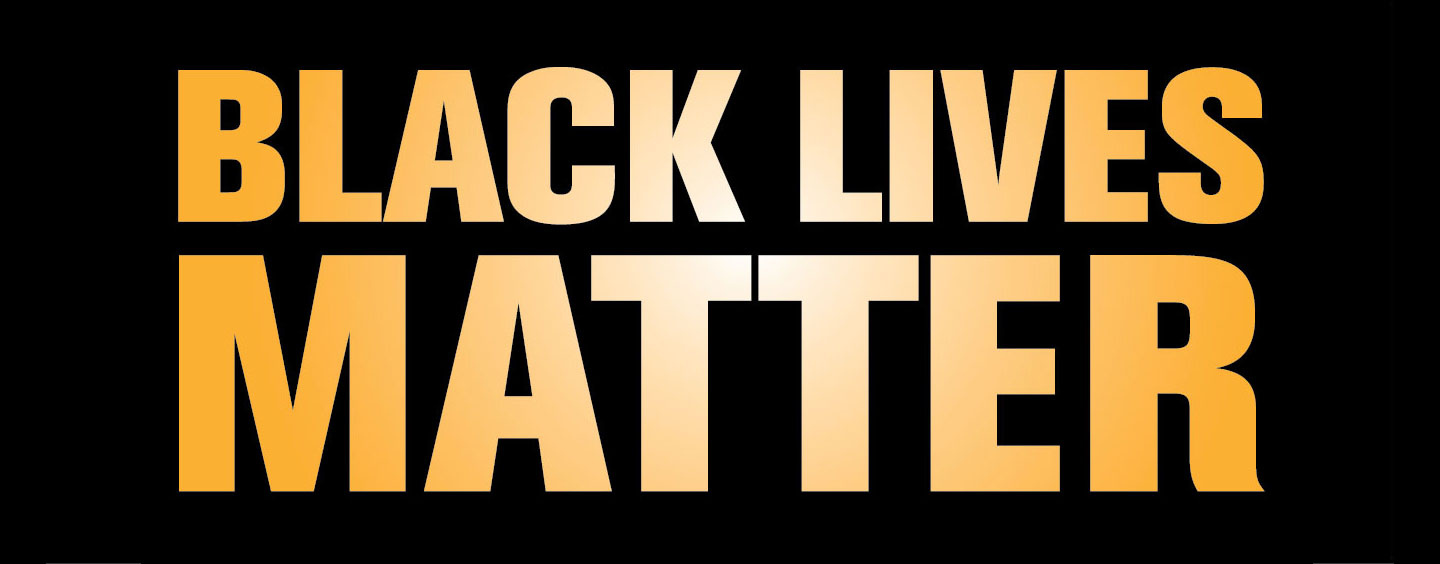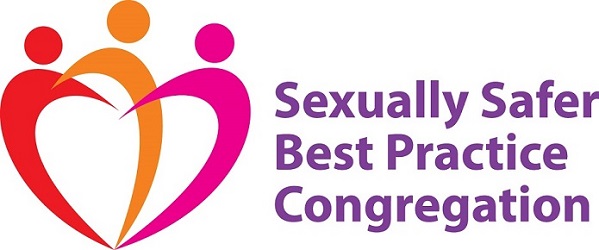Letter from Rev. Rob Gregson, UUFaithActionNJ:
Kudos and congrats are in order to every one of us–with a very special nod to Carol Loscalzo, Reproductive Justice Task Force chair, and to our former Legal Advocacy Project director–for the nearly 3 year effort it took to get our first piece of signature legislation passed into law.
It may very well be a sign from the universe that Gov. Murphy put his signature on the bill earlier today only one day before our 5 Task Force chairs and new LAP director are to meet at The Unitarian Society in E. Brunswick to decide on future FaithAction legislative and regulatory initiatives. This justice ministry is working, and we’ll continue to advocate, educate and mobilize as long as there is a need in the Garden State.
Nearly 3 years after we began this effort, UUs across New Jersey can feel proud of our part in helping to keep reproductive clinicians, escorts, volunteers and patients safer and more secure in their professional and personal lives.
——–
Governor Murphy Signs Bill to Expand Address Confidentiality Program to Include Sexual Assault Survivors and Reproductive Health Patients and Workers
For Immediate Release
Contacts: Rev. Rob Gregson: 973-908-0211 or ExecDir@uufaithaction.org; Roxannne Sutocky: 856-287-2698 or rsutocky@thewomenscenters.com
TRENTON, NJ (July 19, 2019) – Earlier today, Governor Murphy signed legislation, S1761, to expand New Jersey’s Address Confidentiality Program to include victims of sexual assault and stalking, and reproductive health care workers and patients. The expanded program will thwart abusers and harassers from finding individuals at home, work, and school. The bill unanimously passed the Senate by a 37-0-0 vote and the Assembly by a 75-0-0 vote.
Now law, this bill was hailed by advocates as a necessary measure to protect victims of abuse and reproductive health care patients and workers amidst a toxic political landscape and national attacks on abortion clinics and providers.
“UU Faith Action NJ thanks Governor Murphy for signing into law the Address Confidentiality bill,” said Rev. Rob Gregson, Executive Director of Unitarian Universalist FaithAction New Jersey. “As people of faith working for a more just and caring world, we are grateful to the Governor and Legislature for helping to empower reproductive health care workers including, doctors, nurses, staff and volunteers who work so hard to guarantee people the right to access the health care they need, often under very difficult circumstances. Allowing staff as well as patients the ability to protect their identity in the face of today’s local and national anti-abortion campaign helps to give patients and clinic workers a level of safety and security so they can continue to give and receive the best reproductive health care possible.”
The law, modeled after California’s “Safe at Home” program, helps those who fear for their safety keep their home address confidential. Participants and survivors in the program are assigned a substitute address by government agencies in lieu of their actual residential or mailing address. The participant’s actual address remains confidential and available only to government program staff and law enforcement.
“Today, New Jersey has added an extra layer of protection for survivors of sexual violence by ensuring they have access to the Address Confidentiality Program,” said Patricia Teffenhart, executive director of the New Jersey Coalition Against Sexual Assault. “The FBI recognizes sexual assault as the second most violent crime, the traumatic impact of which lasts a lifetime. New Jersey has a growing portfolio of policies designed to address the needs of victims/survivors in the aftermath of victimization, and expanding access to the existing Address Confidentiality Program is the next logical step in our continued pursuit of trauma-informed, survivor-centered policies that support those impacted by this heinous crime. We offer our appreciation and congratulations to the allies and stakeholders who worked to make this a reality.”
Due to anti-abortion rhetoric amplified by the Trump administration and the alarming number of state laws restricting or banning abortion care, anti-abortion extremists are feeling emboldened to harass and intimidate clinic staff and clients.
“As independent abortion providers who have served as a trusted resource for New Jersey families since Roe v. Wade, we extend our gratitude to Governor Murphy for signing these common-sense protections for our health care workers and community members into law,” said Roxanne Sutocky, Director of Community Engagement for Cherry Hill Women’s Center and steering committee member of the Right to Thrive NJ coalition. “Cherry Hill Women’s Center provides indispensable health care services, and we should not be compromised by those who continue to target abortion providers and perpetuate acts of harassment, intimation, and violence with increasing frequency nationwide. Health care workers and those accessing vital reproductive health care services, including abortion care, should not have to be subjected to stalking or office invasions. We applaud this important legislation, that assures that when we need to make criminal reports of these actions, law enforcement is able to protect our identity as victims of anti-abortion extremists.”
Abortion clinics nationwide faced a record number of picketing and trespassing incidents in 2018. Clinics and staff also faced increased rates of obstruction, vandalism, and online hate speech, according to the latest National Abortion Federation Violence and Disruption report. In the past year along, New Jersey abortion clinics have reported four invasions.
“Patient and staff safety is our top priority at Planned Parenthood,” said Kaitlyn Wojtowicz, Legislative and Political Director of Planned Parenthood Action Fund of New Jersey and steering committee member of the Right to Thrive NJ coalition. “We commend the sponsors of this bill and Governor Murphy for helping to ensure that all patients can access the reproductive health care they need – and that clinicians can provide that care – while feeling safe and supported.”
The current Address Confidentiality Program serves approximately 270 adults and over 400 children, according to the latest data from FY2016. The program is administered in the Division on Women in the Department of Children and Families.





